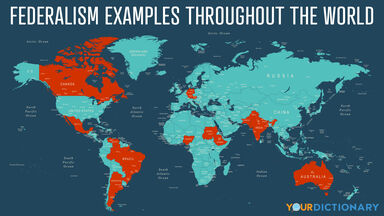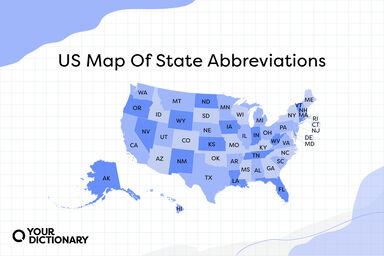Recognizing that slavery was a state institution, with which the Federal government had no authority to interfere, he contended that slavery could only exist by a specific state enactment, that therefore slavery in the District of Columbia and in the Territories was unlawful and should be abolished, that the coastwise slave-trade in vessels flying the national flag, like the international slave-trade, should be rigidly suppressed, and that Congress had no power to pass any act which in any way could be construed as a recognition of slavery as a national institution.
Adams in maintaining the right of offering anti-slavery petitions, advocated the prohibition by Congress of the slave trade between the states, and favoured the exclusion of slavery from the District of Columbia.
In 1840, however, when it began to advocate measures which he deemed too radical, he withdrew his membership, but with his pen he continued his labours on behalf of the slave, urging emancipation in the district of Columbia and the exclusion of slavery from the Territories, though deprecating any attempt to interfere with slavery in the states.
One-half the expenses of the government of Washington is paid by the District of Columbia and one-half by the United States.
And regular slots district of columbia querying recovering compulsive because they are.





